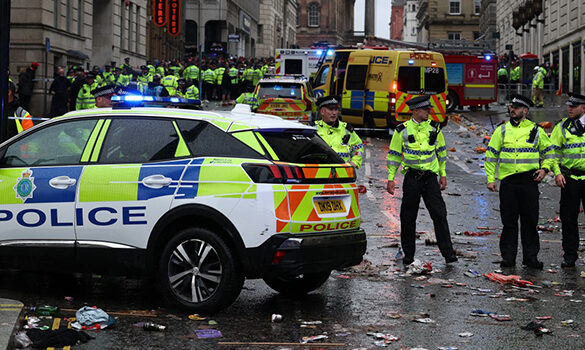The World Anti-Doping Agency (WADA) has welcomed the recognition by Russian President Vladimir Putin that his country’s doping system was not working and needed an overhaul.
WADA released late last year the second part of Richard McLaren’s investigation into doping in the country, which concluded there had been state-sponsored systematic doping and cover-ups in Russian sport over a five-year period.
While Putin denied on Wednesday the McLaren report’s findings about a state-sponsored doping programme, he did acknowledge there had been individual instances of sports doping which indicated the country’s current anti-doping system was not working.
“WADA is encouraged by this sign of progress from the highest political levels in Russia,” WADA President Craig Reedie said in a statement. “Since November 2015, the Agency, UK Anti-Doping and others have been working hard in supporting Russia’s efforts to rebuild a credible anti-doping system.
“This public admission by Russian President Vladimir Putin that their anti-doping system has failed is an important step in the right direction.”
WADA released an earlier report in late 2015 detailing their concerns about doping in the country and Russian sports have faced sanctions on competition and hosting events ever since.
A group of national anti-doping organisations have also called for a blanket ban on sporting contact with the country.
WADA director general Olivier Niggli added that he hoped Putin’s statement would allow the Russian National Anti-Doping Agency (RUSADA) to follow the roadmap set out for it to return to compliance with the WADA code.
“Effectively, RUSADA must demonstrate that its processes are truly autonomous, independent from outside interference and properly resourced for the task of protecting clean athletes both in Russia and abroad,” Niggli said.
“Only once RUSADA, and its governing structures, has successfully demonstrated that it can achieve such independence, will Russian sport be able to redeem itself in the eyes of clean athletes and other stakeholders worldwide.”




